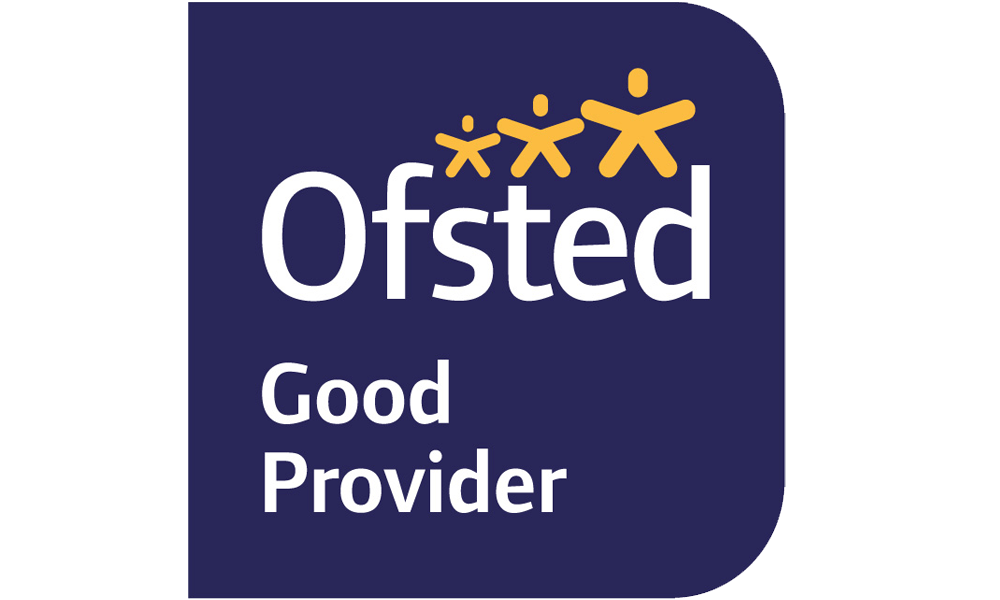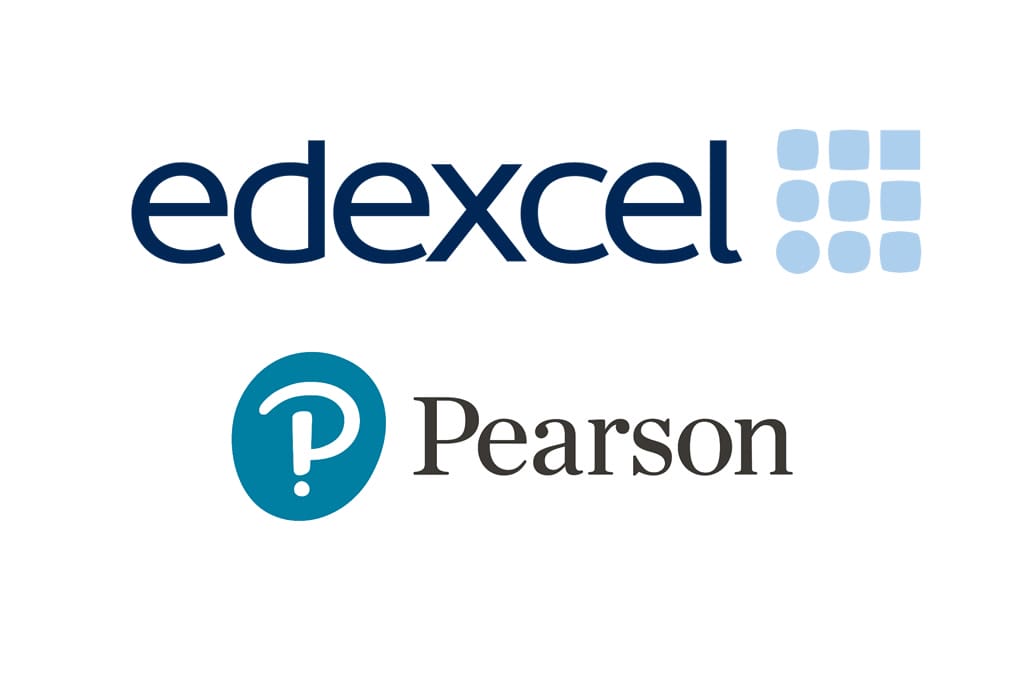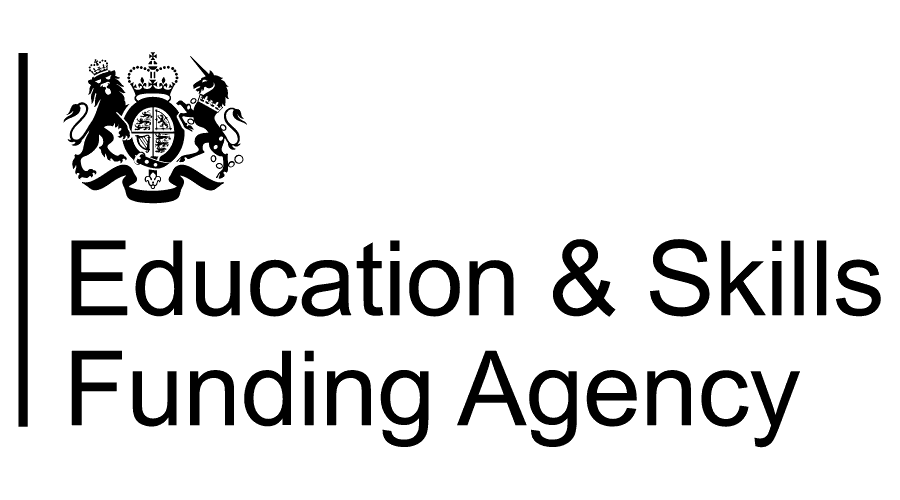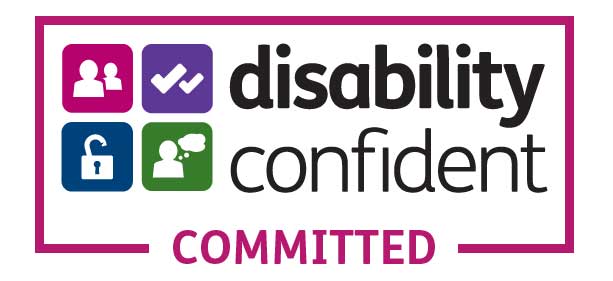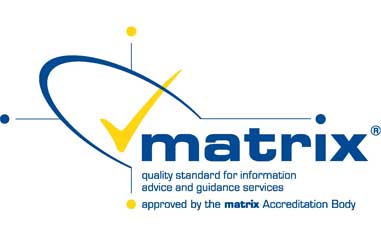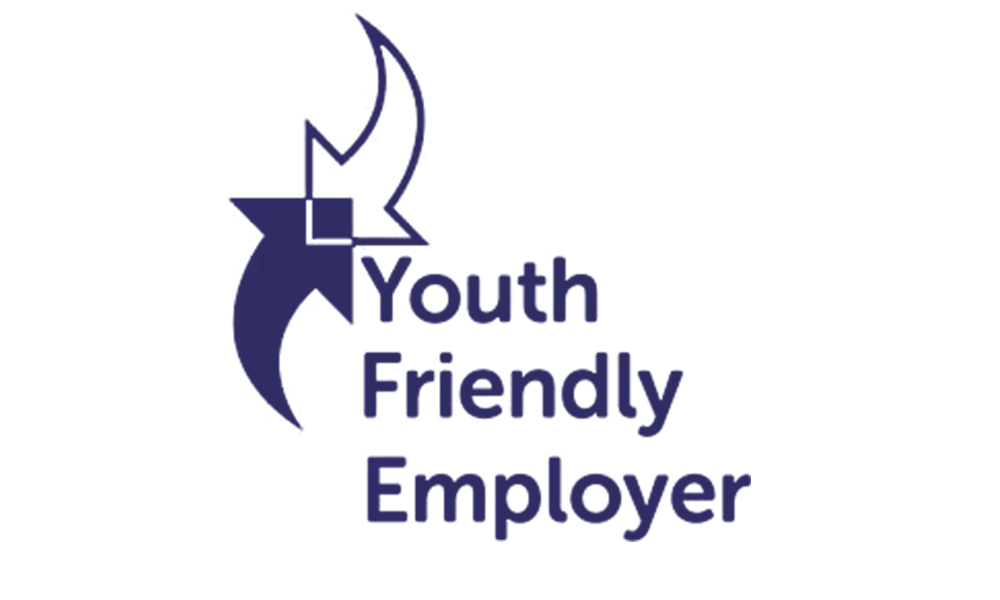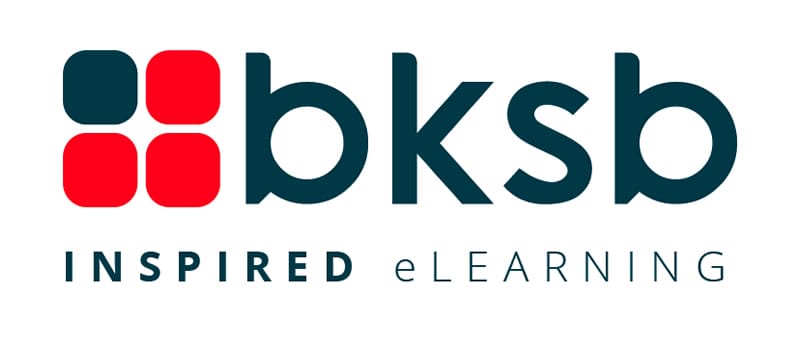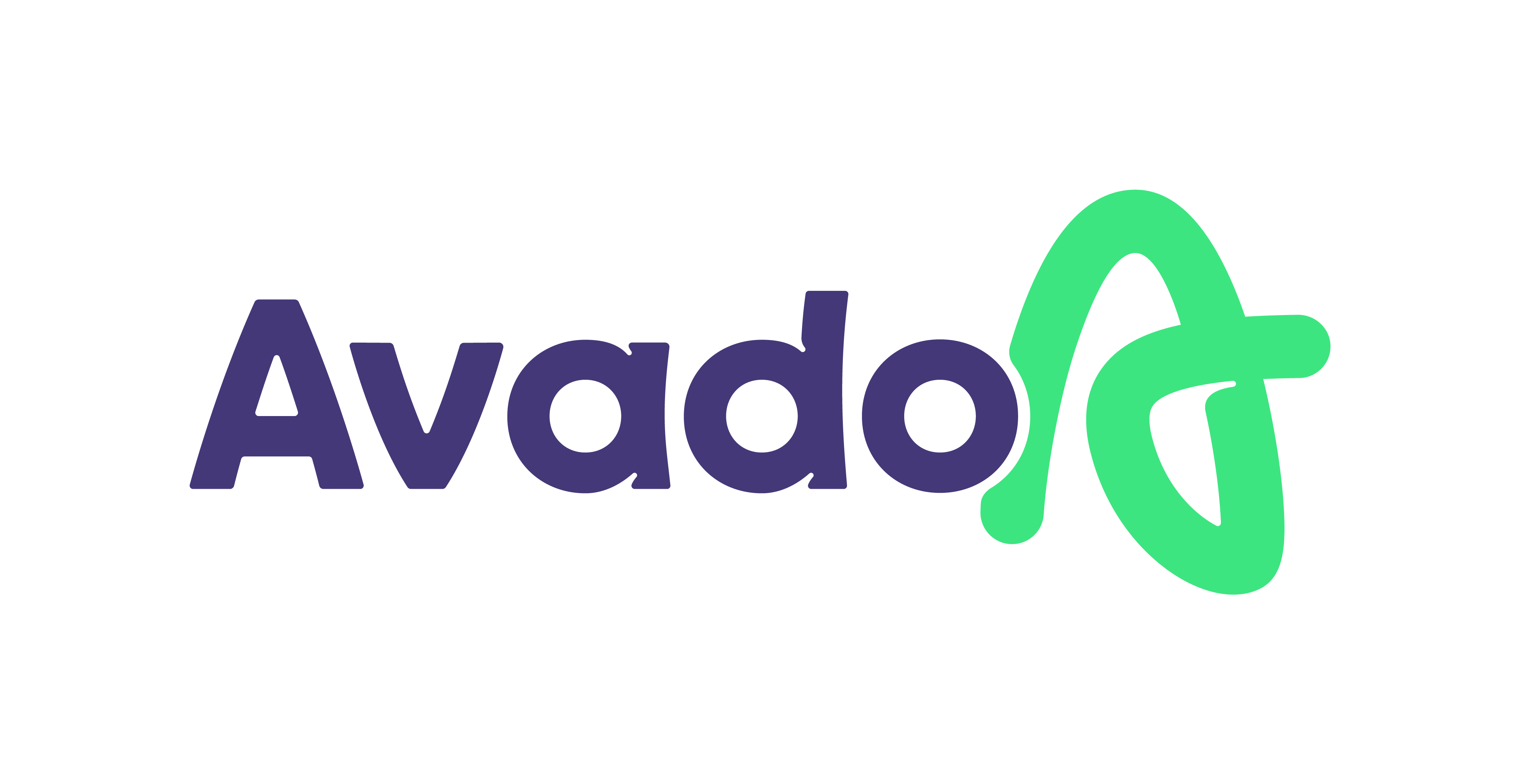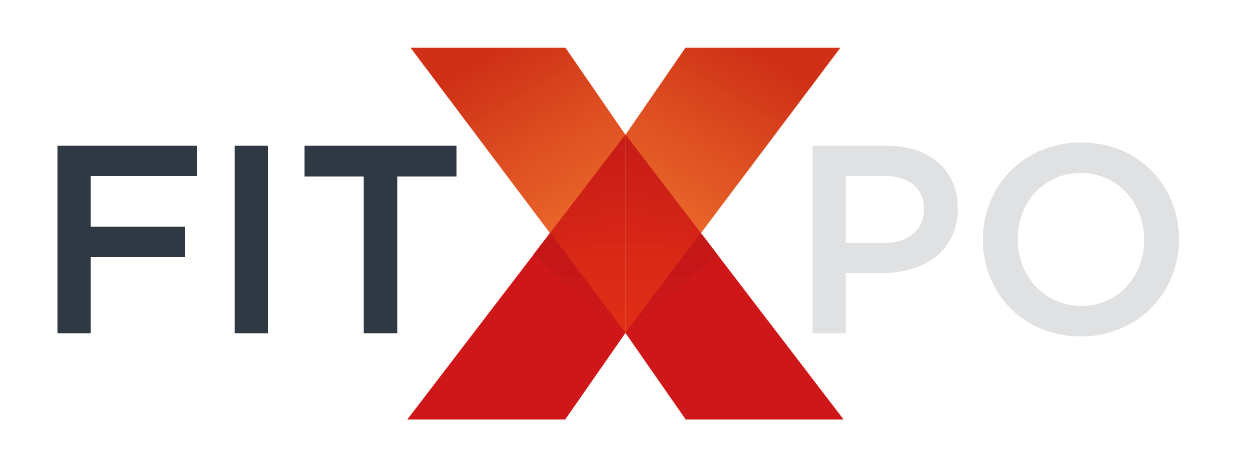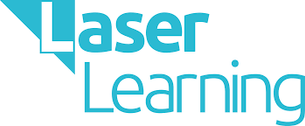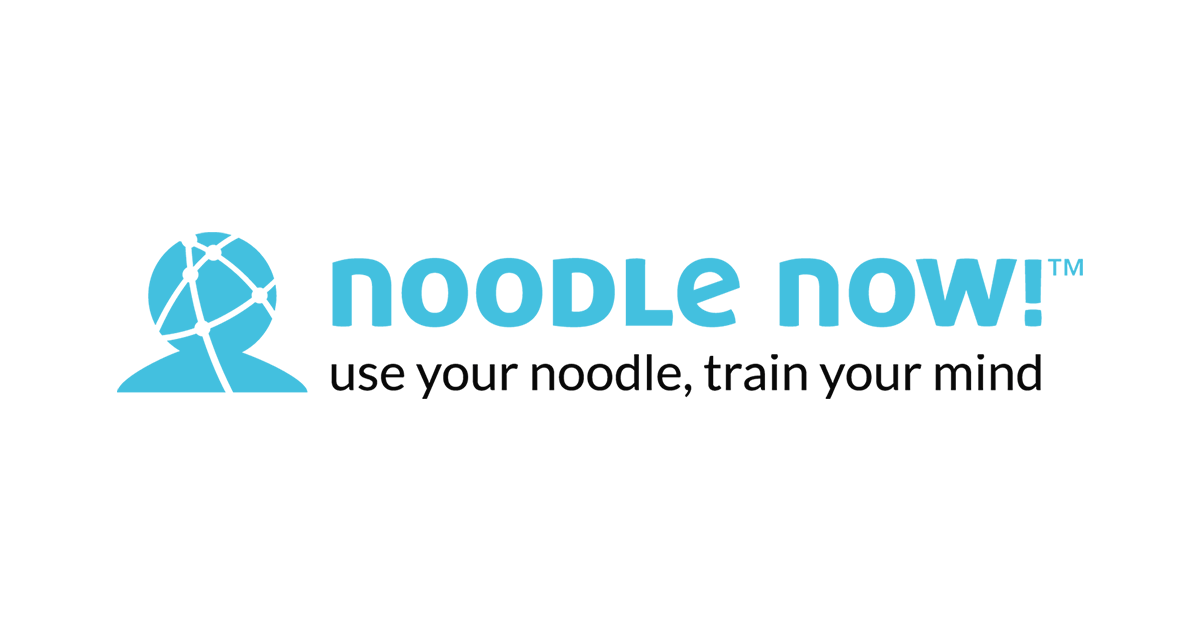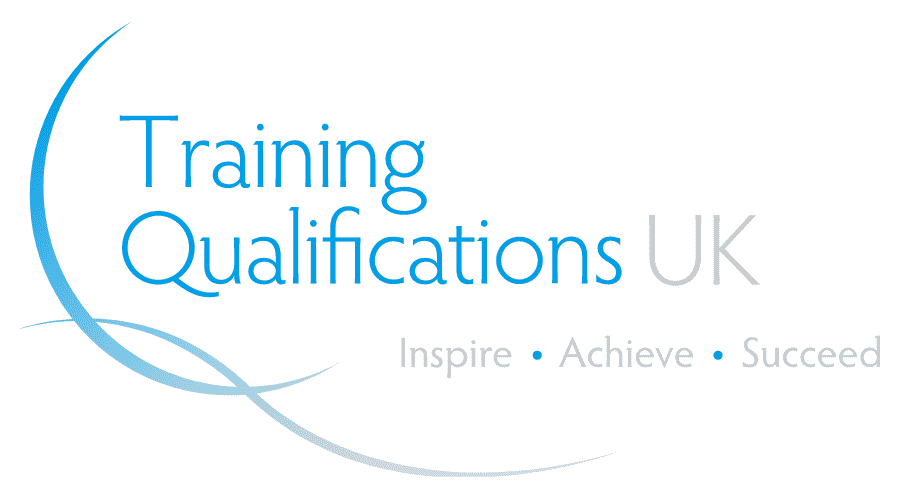
Early Years Lead Practitioner – L5

About this course
- Blended Learning
- 18 Months Duration
- £8,000 (95% government funded) Employer Contribution: Just £400 + VAT
Introduction
The Early Years Lead Practitioner Level 5 standard intention is to develop active practitioners and effective role models of play-based learning, supporting others to develop their own practice. They are highly skilled professionals who take an operational lead for the care, learning and development of all young children within their care, adapting to individual needs and providing inclusive and holistic provision. They engage with sector developments both locally and nationally, with a commitment to developing their own professionals and educational competencies.
This can be a logical next step from Early Years Practitioner level 3 where enhanced managerial activities are carried out, this offers further enhanced knowledge, skills and behaviours while at the same time advancing career opportunities.
The apprentices programme offers stretch and challenge to develop new skills which are valued by employers, along with complementary components aimed at enhancing the apprentice experience. These include:
• Paediatric First Aid
• NoodleNow on-line content
• The Childs Developing Mind
• Special Educational Needs Coordinator (SENCo) course
|
Themes |
|
|
Understanding the Child |
Understanding own pedagogy |
|
The rate at which children learn and develop |
Developing literacy and numeracy skills |
|
Health and Wellbeing |
The planning cycle |
|
Personal care routines |
Supporting Transition |
|
Safeguarding |
Enabling environments |
|
Theorists – self regulation and attachment |
Equality, diversity and inclusion |
|
Home learning |
Leadership |
|
Understanding the importance of play |
Continual professional development |
|
Creativity and curiosity |
Maintain accurate records and reports |
|
Collaborative working |
Legislation and regulation |
What you'll learn
- Promote the health, well-being of all children, self-regulation and resilience through rich learning environments, opportunities for challenging play, healthy attitude towards risk taking
- Provide playful, sensitive interaction opportunities that reflect children’s needs, interests, motivations and extend deep level learning
- Participate in and lead daily routines and practice, including children’s’ personal care, play, maintaining the physical environment.
- Be an effective key person and advocate for the child, supporting the child’s developmental, emotional, daily needs
- Ensure the effectiveness of the key person approach across the aspect or environment for which they are responsible.
- Lead and provide support in disseminating best practice in the use of observation, assessments and planning to meet children’s needs and extend their holistic development within the aspect or environment for which they are responsible
- Promote, demonstrate, and facilitate a clear understanding of diversity and equality to support all children, including those with additional needs, those of high ability, those with English as an additional language and those with disabilities. To be able to use and evaluate distinctive approaches which engage and support inclusivity of all children within their social and cultural context
- Ensure full compliance with all safeguarding legislation, policies and strategies at a national, local, and setting based level are promoted, implemented, and embedded respectfully within practice, providing appropriate support to colleagues as, or supporting, the Designated Safeguarding Lead
- Demonstrate leaderful practice through the effective deployment of resources and practitioners keeping the child’s voice and needs central to practice
Current DBS
The gateway meeting is a milestone in the learner journey as it marks the end of the on-programme learning and the completion of the End Point Assessment Toolkit.
The learner, employer and Skills Coach will meet and agree that the learner meets the requirements of the standard and are ready for the end-point assessment.
-
Observation (with questions)
- Demonstrated through completing tasks in a real work setting and making use of the employer resources and equipment
- Tasks completed during the observation should contribute to workplace productivity and must be valid to this holistic assessment
- 90 mins duration
- The learner must prepare a session plan, including relevant risk assessments 2-weeks prior to observation and present it to the End Point Assessment Organisation (EPA2)
Professional Discussion
- Underpinned by a portfolio of evidence
- The learner will demonstrate the application of skills and behaviours as well as knowledge
3. Case Study
Including a report and presentation with questioning based on the learning needs of an individual child or group of children over approximately 6-12 weeks and how the practioner has supported, extended and enhanced their opportunities and experiences in response to these needs
- Interactive live on-line sessions with expert Teachers and your peers.
- Face to face visits to carry out observations to allow you to shine and demonstrate the knowledge learnt.
- Monthly online sessions with your dedicated Skills Coach.
- On line interactive courses with NoodleNow.
Course Guide
Courses that complement this Apprenticeship
“I have loved my learning journey I have learnt a lot about myself and my practice. I look forward to putting my knowledge into practice. I have thoroughly enjoyed my learning experience. I have a love of learning and feel this course challenges the learner to research a variety of topics to gain a deeper understanding. I have had fantastic support from my Skills Coach and would recommend this course to any Senior Practitioner wanting to progress their career”.
Natalie CarterGet started with Eden Training Solutions
Apprenticeships for Employers
For employers that are looking
to train or hire an apprentice
Apprenticeships for Learners
Are you looking to start an Apprenticeship with Eden? Find out how to apply.


